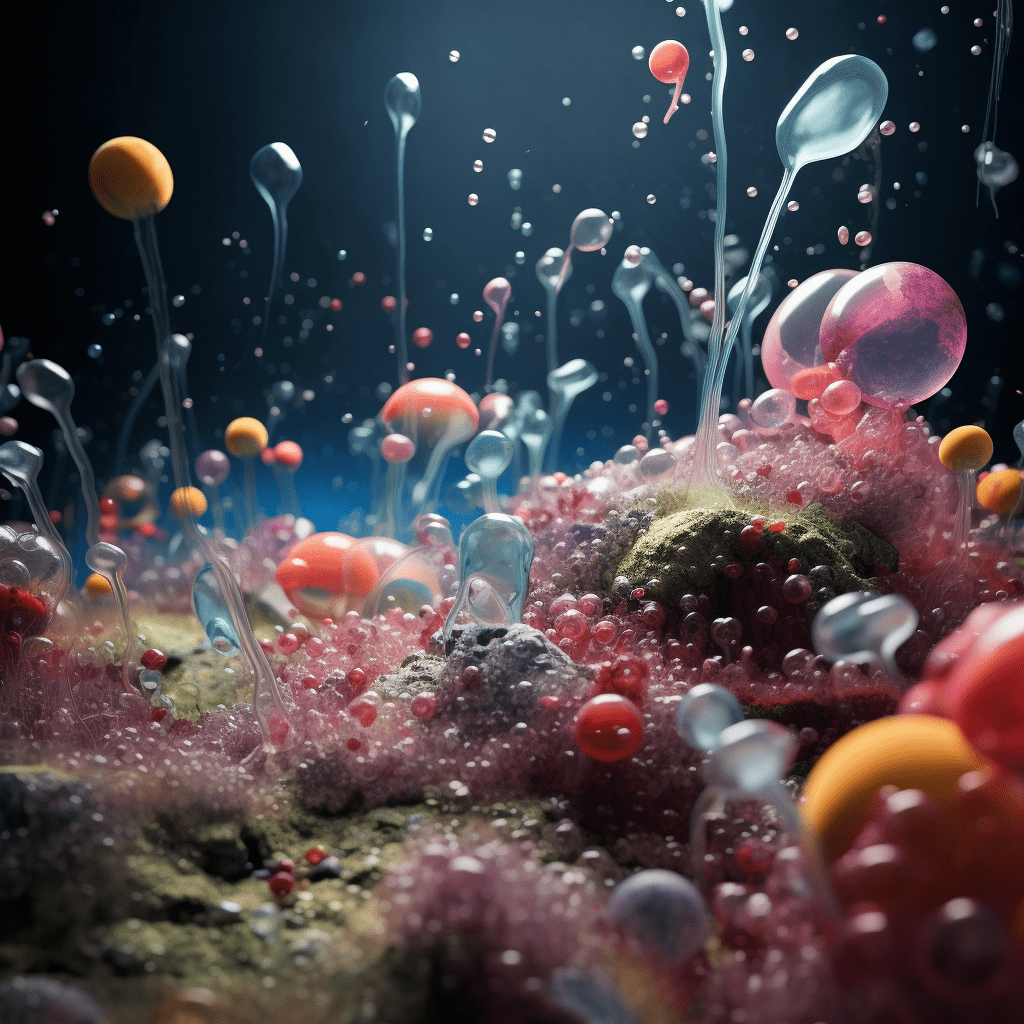Plastic pollution has been one of the most pressing environmental challenges in recent decades. With millions of tons of plastic entering our oceans every year, scientists and environmentalists have been striving to find innovative solutions. One promising approach emerging from the realm of biotechnology is the use of synthetic organisms for plastic recycling.
The Current Plastic Conundrum
Despite its practicality and wide applicability, plastic remains a resilient and non-biodegradable material. Most conventional recycling processes are energy-intensive and often lead to a degradation in the quality of the recycled plastic. Furthermore, not all plastic types are recyclable with today’s technologies, leading to increasing landfill and marine pollution.
Enter Synthetic Organisms
Biotechnologists have been harnessing the power of microorganisms for a variety of applications, from fermentation to pharmaceutical production. In the fight against plastic waste, researchers are now engineering synthetic organisms – bacteria and fungi – that can digest plastics. These organisms have been genetically modified to produce enzymes that break down polymers into simpler compounds.
For instance, PETase is an enzyme discovered in certain bacterial species that can degrade PET plastics, which are commonly used in beverage bottles. By introducing genes that encode for such enzymes into other more industrially robust organisms, scientists hope to develop scalable plastic degradation processes.
Research from the University of Portsmouth and the U.S. Department of Energy’s National Renewable Energy Laboratory has highlighted the potential of such enzymes in accelerating the degradation of plastics.
Benefits of Biotechnological Approaches
- Environmental Impact: Synthetic organisms can be designed to convert plastics into non-toxic and environmentally benign byproducts.
- Economic Viability: Once established, these biological processes could be more cost-effective than conventional recycling.
- Versatility: Different strains can be engineered to target different plastic types, addressing the issue of non-recyclable plastics.
Challenges Ahead
However, the use of synthetic organisms is not without its challenges. Concerns regarding containment, potential ecological impacts, and the long-term effects of introducing engineered organisms into the environment are paramount. Comprehensive risk assessments, combined with stringent regulatory controls, will be crucial as this technology progresses.
Beyond Plastic Recycling
The potential applications of synthetic biology extend well beyond plastic degradation. In the future, we might see these engineered organisms producing biodegradable plastics, optimizing waste treatment processes, or even generating valuable chemicals from discarded plastics.
According to a study from Science Advances, the integration of synthetic biology tools into waste management strategies can create a sustainable loop, turning waste back into valuable resources.
The Symbiosis of Nature and Technology
As we venture deeper into the 21st century, the lines between the organic realm of nature and the mechanized world of technology continue to blur. The power of biotechnology, AI, and sustainable innovations offers a renewed vision of a future where humanity doesn’t just coexist with nature but enhances it. As forests become interconnected with monitoring systems and rivers run under the surveillance of eco-friendly drones, we’re witnessing a paradigm shift. This era isn’t about choosing between nature and technology; it’s about harnessing technology to preserve, rejuvenate, and uplift the natural wonders of our world, forging a path where both realms can thrive symbiotically.
A Future Free from Plastic Waste?
While the path ahead is strewn with scientific and ethical challenges, the potential benefits of using synthetic organisms in tackling the plastic crisis are too significant to ignore. As research advances and the technology matures, we might find ourselves in a world where plastic waste is not a persistent problem but a resource waiting to be tapped.

